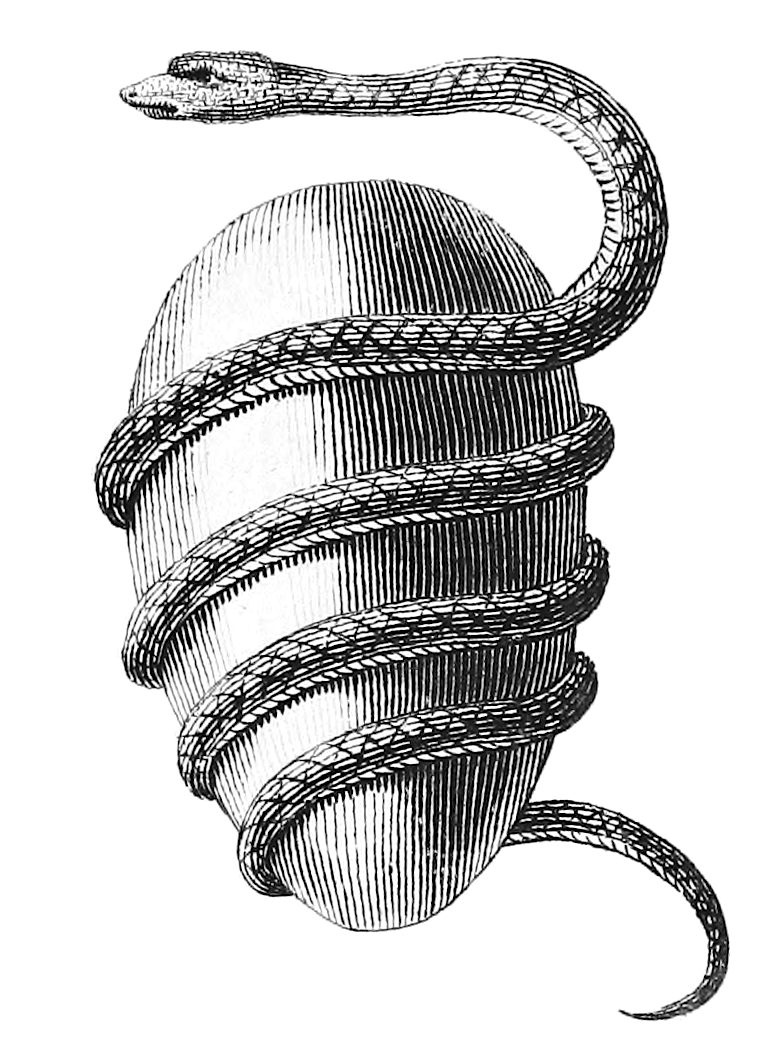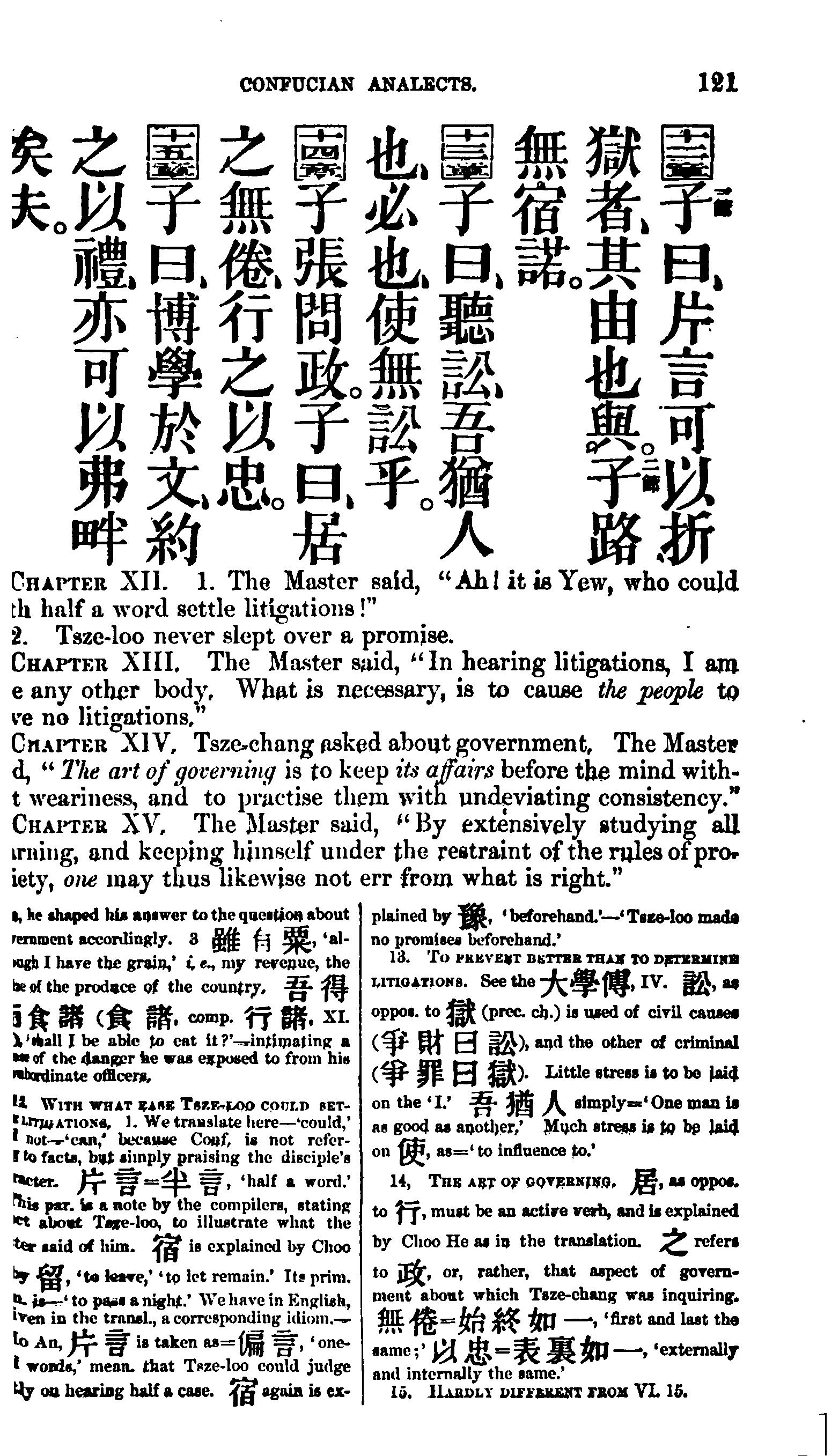|
Pangu
Pangu (, ) is a primordial being and creation figure in Chinese mythology who separated heaven and earth and became geographic features such as mountains and rivers. Legends The first writer to record the myth of Pangu was Xu Zheng during the Three Kingdoms period. Recently his name was found in a tomb dated AD 156 (predating the Three Kingdoms period). In the beginning, there was nothing and the universe was in a featureless, formless primordial state. This primordial state coalesced into a cosmic egg for about 18,000 years. Within it, the perfectly opposed principles of yin and yang became balanced and Pangu emerged (or woke up) from the egg. Pangu inside the cosmic egg symbolizes Taiji. Pangu is usually depicted as a primitive, hairy giant who has horns on his head. Pangu began creating the world: he separated yin from yang with a swing of his giant axe, creating the earth (murky ''yin'') and the sky (clear ''yang''). To keep them separated, Pangu stood between them a ... [...More Info...] [...Related Items...] OR: [Wikipedia] [Google] [Baidu] |
World Egg
The world egg, cosmic egg or mundane egg is a mythological motif found in the cosmogonies of many cultures that is present in Proto-Indo-European culture and other cultures and civilizations. Typically, the world egg is a beginning of some sort, and the universe or some primordial being comes into existence by "hatching" from the egg, sometimes lain on the primordial waters of the Earth. Eggs symbolize the unification of two complementary principles (represented by the egg white and the yolk) from which life or existence, in its most fundamental philosophical sense, emerges. Vedic mythology The earliest idea of the "cosmic egg" comes from some of the Sanskrit scriptures. The Sanskrit term for it is Brahmanda (ब्रह्माण्ड) which is derived from two words – 'Brahma' (ब्रह्मा) the 'creator god' in Hinduism and 'anda' (अण्ड) meaning 'egg'. Certain Puranas such as the Brahmanda Purana speak of this in detail. The Rig Veda (RV ... [...More Info...] [...Related Items...] OR: [Wikipedia] [Google] [Baidu] |
Chinese Mythology
Chinese mythology () is mythology that has been passed down in oral form or recorded in literature in the geographic area now known as Greater China. Chinese mythology includes many varied myths from regional and cultural traditions. Much of the mythology involves exciting stories full of fantastic people and beings, the use of magical powers, often taking place in an exotic mythological place or time. Like many mythologies, Chinese mythology has in the past been believed to be, at least in part, a factual recording of history. Along with Chinese folklore, Chinese mythology forms an important part of Chinese folk religion. Many stories regarding characters and events of the distant past have a double tradition: ones which present a more historicized or euhemerized version and ones which present a more mythological version. Many myths involve the creation and cosmology of the universe and its deities and inhabitants. Some mythology involves creation myths, the origin of things, ... [...More Info...] [...Related Items...] OR: [Wikipedia] [Google] [Baidu] |
Yao People
The Yao people (its majority branch is also known as Mien; ; vi, người Dao) is a government classification for various minorities in China and Vietnam. They are one of the 55 officially recognised ethnic minorities in China and reside in the mountainous terrain of the southwest and south. They also form one of the 54 ethnic groups officially recognised by Vietnam. In China in the last census in 2000, they numbered 2,637,421 and in Vietnam census in 2019, they numbered 891,151. History Early history The origins of the Yao can be traced back 2000 years starting in Hunan. The Yao and Hmong were among the rebels during the Miao Rebellions against the Ming dynasty. As the Han Chinese expanded into South China, the Yao retreated into the highlands between Hunan and Guizhou to the north and Guangdong and Guangxi to the south, and stretching into Eastern Yunnan. Around 1890, the Guangdong government started taking action against Yao in Northwestern Guangdong. The first Chinese ... [...More Info...] [...Related Items...] OR: [Wikipedia] [Google] [Baidu] |
Ymir
In Norse mythology, Ymir (, ), also called Aurgelmir, Brimir, or Bláinn, is the ancestor of all jötnar. Ymir is attested in the ''Poetic Edda'', compiled in the 13th century from earlier traditional material, in the ''Prose Edda'', written by Snorri Sturluson in the 13th century, and in the poetry of skalds. Taken together, several stanzas from four poems collected in the ''Poetic Edda'' refer to Ymir as a primeval being who was born from Eitr, yeasty venom that dripped from the icy rivers called the Élivágar, and lived in the grassless void of Ginnungagap. Ymir gave birth to a male and female from his armpits, and his legs together begat a six-headed being. The grandsons of Búri, the gods Odin, Vili and Vé, fashioned the Earth (elsewhere personified as a goddess, Jörð) from his flesh, from his blood the ocean, from his bones the mountains, from his hair the trees, from his brains the clouds, from his skull the heavens, and from his eyebrows the middle realm in whi ... [...More Info...] [...Related Items...] OR: [Wikipedia] [Google] [Baidu] |
Xu Zheng (Eastern Wu)
Xu Zheng (fl. 200s) was an Eastern Wu official and a Daoist author of the "Three Five Historic Records" (, literally: "Three Five Calendar"). The "3-5" refers to the " Three August Ones and Five Emperors" (三皇五帝). Xu Zheng relates two different variants of the creation myth of Pangu Pangu (, ) is a primordial being and creation figure in Chinese mythology who separated heaven and earth and became geographic features such as mountains and rivers. Legends The first writer to record the myth of Pangu was Xu Zheng during t .... References Eastern Wu politicians Eastern Wu historians Chinese folklorists Eastern Wu poets 3rd-century Chinese historians Chinese classicists {{China-bio-stub ... [...More Info...] [...Related Items...] OR: [Wikipedia] [Google] [Baidu] |
James Legge
James Legge (; 20 December 181529 November 1897) was a Scottish linguist, missionary, sinologist, and translator who was best known as an early translator of Classical Chinese texts into English. Legge served as a representative of the London Missionary Society in Malacca and Hong Kong (1840–1873) and was the first Professor of Chinese at Oxford University (1876–1897). In association with Max Müller he prepared the monumental '' Sacred Books of the East'' series, published in 50 volumes between 1879 and 1891. Early life James Legge was born at Huntly, Aberdeenshire. He enrolled in Aberdeen Grammar School at age 13 and then King's College, Aberdeen at age 15. He then continued his studies at Highbury Theological College, London. Mission to China and family Legge went, in 1839, as a missionary to China, but first stayed at Malacca three years, in charge of the Anglo-Chinese College there. The College was subsequently moved to Hong Kong, where Legge lived for nearly ... [...More Info...] [...Related Items...] OR: [Wikipedia] [Google] [Baidu] |
Shangdi
Shangdi (), also written simply, "Emperor" (), is the Chinese term for "Supreme Deity" or "Highest Deity" in the theology of the classical texts, especially deriving from Shang theology and finding an equivalent in the later '' Tian'' ("Heaven" or "Great Whole") of Zhou theology. Although in Chinese religion the usage of "Tian" to refer to the absolute God of the universe is predominant, "Shangdi" continues to be used in a variety of traditions, including certain philosophical schools, certain strains of Confucianism, some Chinese salvationist religions (notably Yiguandao) and Chinese Protestant Christianity. In addition, it is common to use such term among contemporary Chinese (both mainland and overseas) and East Asian religious and secular societies, typically for a singular universal deity and a non-religion translation for God in Abrahamic religions. Etymology "Shang Di" is the pinyin romanization of two Chinese characters. The first , ''Shàng'' means "high", ... [...More Info...] [...Related Items...] OR: [Wikipedia] [Google] [Baidu] |
Prometheus
In Greek mythology, Prometheus (; , , possibly meaning " forethought")Smith"Prometheus". is a Titan god of fire. Prometheus is best known for defying the gods by stealing fire from them and giving it to humanity in the form of technology, knowledge, and more generally, civilization. In some versions of the myth, he is also credited with the creation of humanity from clay. Prometheus is known for his intelligence and for being a champion of humankind, and is also generally seen as the author of the human arts and sciences. He is sometimes presented as the father of Deucalion, the hero of the flood story. The punishment of Prometheus as a consequence of the theft of fire and giving it to humans is a popular subject of both ancient and modern culture. Zeus, king of the Olympian gods, sentenced Prometheus to eternal torment for his transgression. Prometheus was bound to a rock, and an eagle—the emblem of Zeus—was sent to eat his liver (in ancient Greece, the liver was tho ... [...More Info...] [...Related Items...] OR: [Wikipedia] [Google] [Baidu] |
King Mu Of Zhou
King Mu of Zhou (), personal name Ji Man, was the fifth king of the Zhou dynasty of China. The dates of his reign are 976–922 BC or 956–918 BC. Life King Mu came to the throne after his father King Zhao’s death during his tour to the South. King Mu was perhaps the most pivotal king of the Zhou dynasty, reigning nearly 55 years, from ca. 976 BC to ca. 922 BC. Mu was more ambitious than wise, yet he was able to introduce reforms that changed the nature of the Zhou government, transforming it from a hereditary system to one that was based on merit and knowledge of administrative skills. During Mu’s reign, the Zhou Dynasty was at its peak, and Mu tried to stamp out invaders in the western part of China and ultimately expand Zhou’s influence to the east. In the height of his passion for conquests, he led an immense army against the Quanrong, who inhabited the western part of China. His travels allowed him to contact many tribes and swayed them to either join under the Zhou ... [...More Info...] [...Related Items...] OR: [Wikipedia] [Google] [Baidu] |
Tiamat
In Mesopotamian religion, Tiamat ( akk, or , grc, Θαλάττη, Thaláttē) is a primordial goddess of the sea, mating with Abzû, the god of the groundwater, to produce younger gods. She is the symbol of the chaos of primordial creation. She is referred to as a woman and described as "the glistening one". It is suggested that there are two parts to the Tiamat mythos. In the first, she is a creator goddess, through a sacred marriage between different waters, peacefully creating the cosmos through successive generations. In the second Chaoskampf Tiamat is considered the monstrous embodiment of primordial chaos. Some sources identify her with images of a sea serpent or dragon. In the '' Enûma Elish'', the Babylonian epic of creation, Tiamat bears the first generation of deities; her husband, Apsu, correctly assuming that they are planning to kill him and usurp his throne, later makes war upon them and is killed. Enraged, she also wars upon her husband's murderers, ... [...More Info...] [...Related Items...] OR: [Wikipedia] [Google] [Baidu] |
Paul Carus
Paul Carus (; 18 July 1852 – 11 February 1919) was a German-American author, editor, a student of comparative religionOriental Ideas in American Thought from ''Dictionary of the History of Ideas: Studies of Selected Pivotal Ideas'', edited by Philip P. Wiener (Charles Scribner's Sons, New York, 1973–74). and . Life and education Carus was born in Ilsenburg, , and educated at the universities ...[...More Info...] [...Related Items...] OR: [Wikipedia] [Google] [Baidu] |







